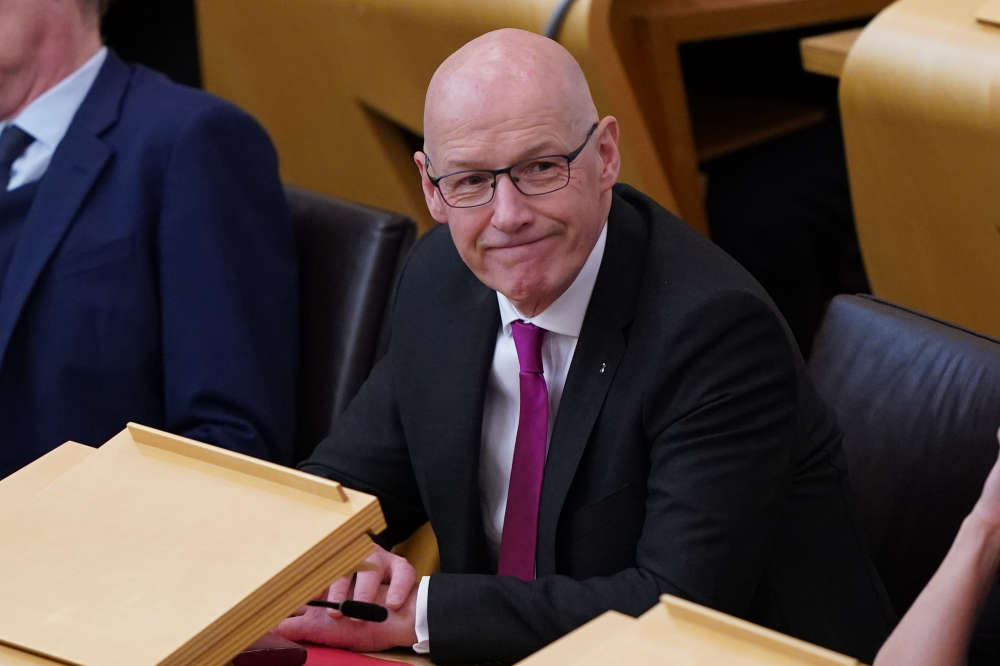
High school teachers in Scotland are considering industrial action because of what they call 'excessive workload demands'.
The EIS union, which claims to represent most of those who teach in secondary schools, is to ballot its members.
The problems stem from the introduction of the new National 5 exams, which replaced Standard Grades in 2014.
The union claims they were rushed in, without sufficient resources, and the demands placed on teachers are "both excessive and unsustainable."
It says there are too many assessments, putting strain on both teachers and pupils.
It also says the processes by which the Scottish Qualifications Authority (SQA) checks on teaching and assessment are too bureacratic, adding to the pressure.
EIS General Secretary Larry Flanagan said: "The clear message that we are getting from members in the secondary sector is that enough is enough."
He said the decision to ballot had not been taken lightly. adding: "Industrial action is always a last resort that teachers are traditionally extremely reluctant to take.
"But the reality is, that despite years of discussions with the Scottish Government, local authorities and the Scottish Qualifications Authority over the desperate need to reduce the excessive workload associated with the new qualifications, too little has been done to tackle this problem.
"That is why the EIS has taken the decision to ballot its members, and why we plan to launch a sustained programme of industrial action until real and lasting reductions in qualifications-related workload for pupils and teachers are delivered in Secondary schools across Scotland."
The Scottish Government said it's working with the EIS to consider issues including teacher workload, and to cut "unnecessary bureacracy" in schools.
A spokesperson added: "The SQA has already reduced the level of verification for the new qualifications in response to teacher feedback. We would urge the EIS to continue to pursue its concerns through the ongoing work of the Reflections group, which it is a member of, rather than through industrial action.
"Industrial action would not be in the interests of anyone, least of all pupils and parents. We are committed to making sure councils have the right number and highest quality of teachers in our schools, which is why we have offered councils £51 million, including an additional £10 million over and above last year's settlements, to safeguard teaching posts.
"We have put in place an unprecedented level of support for the new qualifications, including additional funding of £11 million since 2012. Since 2007, revenue spent on schools and pupils has risen, while councils are planning to spend 3.3 per cent more in cash terms on the delivery of education in 2015-16 – the largest increase in six years."


 John Swinney elected Scotland's new First Minister
John Swinney elected Scotland's new First Minister
 Public consultation on Cupar North development opens
Public consultation on Cupar North development opens
 Man, 44, seriously injured in hospital after crash between Comrie and Rosyth
Man, 44, seriously injured in hospital after crash between Comrie and Rosyth
 11°C
11°C
 17°C
17°C